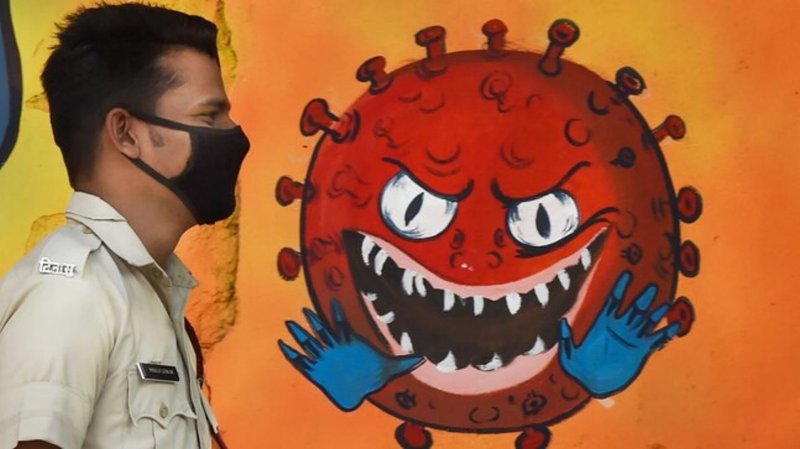For most of 2020, the coronavirus that causes COVID-19 jumped from human to human, accumulating mutations at a steady rate of two per month—not especially impressive for a virus. These mutations have largely had little effect.
But recently, three distinct versions of the virus seem to have independently converged on some of the same mutations, despite being thousands of miles apart in the United Kingdom, South Africa, and Brazil.
…
A recent study suggests that viruses with the E484K mutation might be better at evading antibodies from the blood plasma of recovered COVID-19 patients. Some viruses with this mutation could become a little better at reinfecting people or even infecting vaccinated people.
This one mutation alone is unlikely to render immunity from previous infections or vaccines totally ineffective, though.
…
Scientists now wonder whether the variants in South Africa and Brazil are spreading precisely because they have this slight advantage in overcoming previous immunity.
The coronavirus is in a constant arms race against our immune system. It will keep evolving. That means our vaccines may need to evolve with it. But the United States is sequencing only a tiny percentage of its COVID-19 cases.































